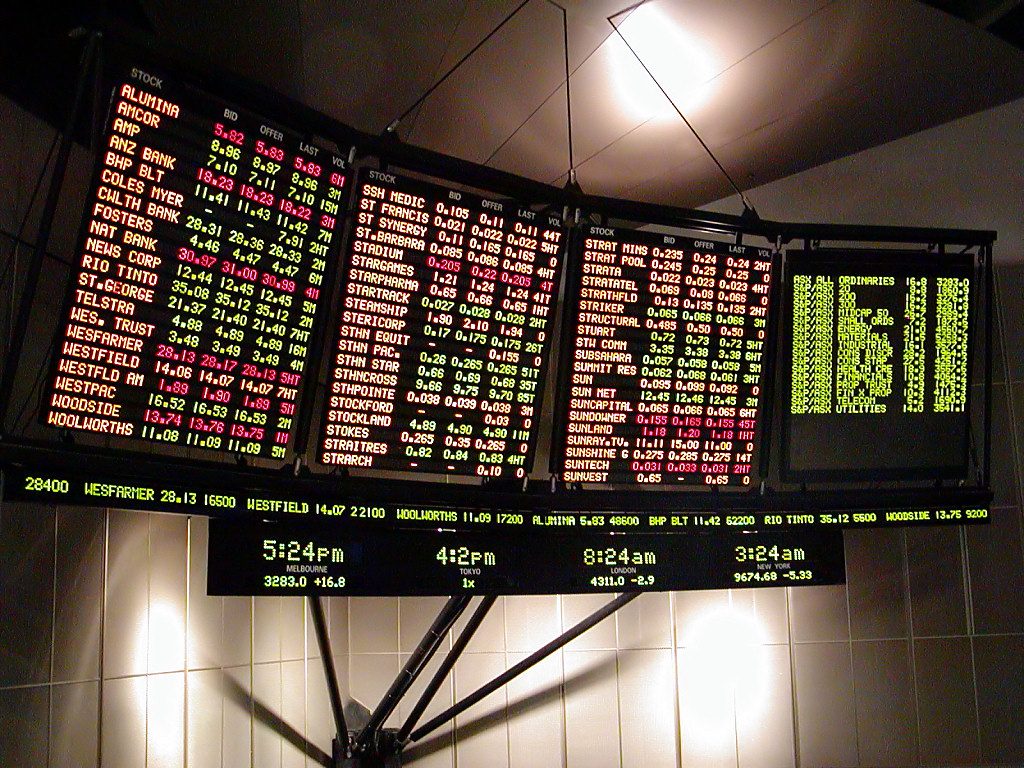Wherever we look, we see successful companies being snatched up by predatory venture capital funds, plundered, sold to the next financial funds, the bones of the company picked clean until bankruptcy, leaving the tax payer with massive debts to state retirement funds, unpaid taxes, and many small companies owed millions.
Juan Laborda teaches Financial Economics at the University of Carlos III and Money and Banking, Syracuse University (Madrid)
Originally published in Spanish at vozpopuli
Translated and edited by BRAVE NEW EUROPE

The distant thunder of recession is increasingly louder. The global economy is slowing down. Here is one of the keys to the current disturbing situation.
The global economy is slowing down markedly. However, for a recession to occur there must be a significant increase in risk aversion in the financial markets, which will again burst the most recent bubble engendered by policymakers. This is the evolution of the planetary economic cycle since 1998, where, definitively, one of the characteristic features of the neoliberal system of governance, the financialisation of the economy as a whole, was unrestrained. A collateral damage was the new devourers of the public budget. We are referring to systemic banking, which acts recklessly under the assumption that they are “too big to fail”.
The current financial system evolved from one where commercial banks were closely regulated and supervised, to one where financial markets dominate the system. Technically this process is called the “financialisation” of the economy as a whole. We have already talked at length about this in earlier articles. This was the logical consequence of the enormous bipartisan efforts in the Clinton era, to nullify the protections established by Franklin Delano Roosevelt during the darkest days of the Great Depression.
In short, the financial system has grown exponentially in relation to the non-financial sector, so that instead of financing productive capital, it increasingly finances bets in the big casino (stock bubbles, real estate bubbles, debt bubbles, raw materials bubbles, corporate bonds…). At the same time, investment in the economy’s productive capital suffered, and suffers, perceptibly. If we apply a broad definition of productive capital that includes technological advances, increased labour productivity, public and private infrastructure, innovations and the advancement of human knowledge, its rate of expansion has slowed.
The triumph of short-termism
The current picture is not simply one of out-of-control finances. Under the paradigm of maximizing shareholder value, the real economy has been “financed”. Large corporations have long ceased to adopt a long-term approach. They have a short-term vision. Long-term investment is not encouraged, only speculative investment. Business leaders have responded with actions that can offer immediate results to shareholders, such as share buybacks or dividend increases, while investing little in innovation, skilled labor or capital expenditures necessary to sustain long-term growth.
The effect of financialisation on non-financial corporations offers even more twisted second derivatives. At a time when the ex-ante return on the vast majority of risky financial assets is very low, if not negative, real business offers speculative capital very attractive and competitive returns
In the aftermath of the Great Recession, financialisation actually generated a great deal of bewilderment. Thus, for example, from that moment on Spanish non-financial Companies are being financed with more capital and less bank debt, which in principle is good. But we have to be careful. Because, on the other hand, in an environment of bubbles of financial assets, a process of assault of financial capital on the global productive ecosystem, including the Spanish one, began.
As a consequence, a new round of concentration was triggered, whereby the buyer is either a foreign fund or a medium-sized company itself controlled by a venture capital fund, generally from abroad. These funds may have the appearance of longterm invesors, but in many cases the ultimate objective is another: “to squeeze, divide and sell the company”. We would be faced with the ultimate perverse effect of financialisation: the dismemberment and, ultimately, disappearance, of real economy businesses in the hands of real social predators.
As far as Spain is concerned as a nation, this dynamic has extended beyond the unimaginable, without any control, not only by the penetration of investment funds, but also of large corporations of foreign capital, pilfering the jewels of the domestic economic crown. From technological companies such as Gamesa, businesses in the agri-food sector and distribution such as Deoleo and Freixenet, to companies as essential for national security such as Indra. In short, the global recession, when it occurs, after a sharp fall in risky assets, will allow us to asess what their real effects will be on these companies “assaulted” by speculative capital. My hypothesis is that we will see nothing good. But we shall have to wait.


Be the first to comment